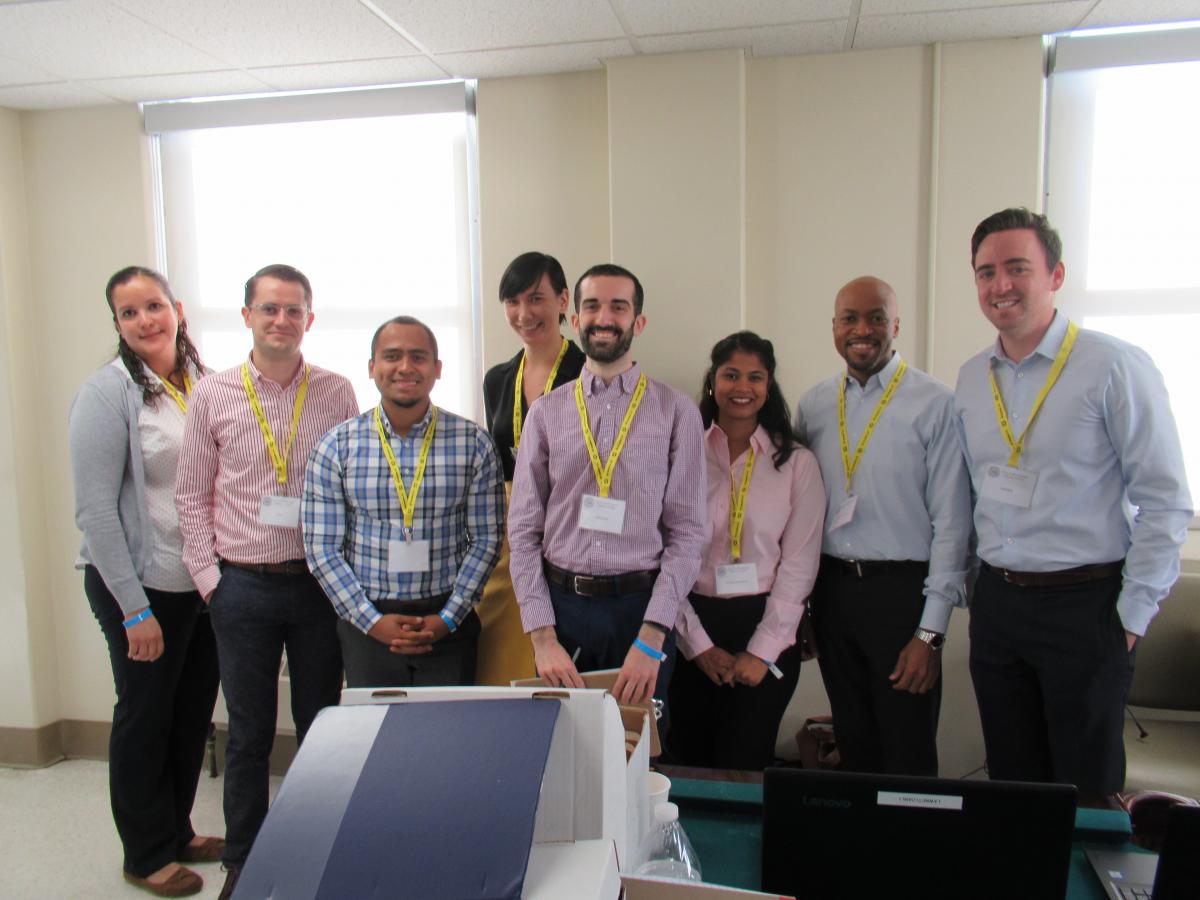
Remain curious about the world. This is a motto by which Sunita Patel (NC ’00) lives, works, and teaches. Patel is a lawyer and Assistant Professor of Law at the University of California, Los Angeles (UCLA), where she directs the Veterans Legal Clinic.
Patel’s roles as lawyer and educator grew from her activist background and an education she embarked on years ago at Tulane University studying history and Africana Studies. “I came to Tulane with an interest in learning about the history of the South,” explained Patel. “I was already an advocate for racial justice, and I knew that Africana Studies at Tulane would sharpen my understanding of race and social justice.”
While she didn’t know it at the time, studying with School of Liberal Arts Professor of history Laura Rosanne Adderley would become pivotal to her experience at Tulane and her career. “Professor Adderley presented material that sparked a deep curiosity of the history of Black people in the U.S. and around the world, as well as intersections with post-colonial history, particularly South Asia and its African diaspora. As an immigrant, I feel it is very important to understand the history and legacy of the land I occupy. Her Black history classes provided a foundation that has stayed with me ever since.”
Shortly after leaving Tulane, Patel investigated jail and prison policies in the South with the Southern Center for Human Rights. She later finished law school and received a prestigious Soros Justice Advocacy Fellowship to represent non-citizens in immigration detention in New York and New Jersey. Matters of mass incarceration, experiences of non-citizens, and civil rights have been threads throughout her career, from creating a community visitation program at the Orleans Parish Prison as a Tulane student to working at the Center for Constitutional Rights (CCR) as an attorney for social movements in the U.S. and around the world. Regardless of title or endeavor, Patel mobilizes a commitment to social change through her scholarship and legal practice.
During her tenure at CCR—a dream job, as she describes it—Patel worked on high-profile cases such as Doe v. Jindal in Louisiana, which ruled the state’s Crime Against Nature by Solicitations (CANS) statute violated the 14th Amendment. Additionally, she served as co-counsel in the district court and Second Circuit leading to the Supreme Court case Abbasi v. Ashcroft, which defended the civil rights of a group of Muslim, South Asian, and Arab non-citizens who were detained and deported on the basis of their race and religion by the INS and FBI after the 9/11 attacks. Patel also worked on the groundbreaking case Floyd v. City of New York with CCR, known to most as New York City’s stop and frisk case. Reflecting on the stop and frisk case in particular, Patel points out that not only was it unusual that the case even went to trial—during which a large municipality’s racist practices were laid out as systemic problems to the public—but the case was also a vehicle for grassroots strategizing around police reform, political change, and the broader narrative around policing practices. “It was through a really dedicated campaign of Black and Latinx people bravely speaking out at city council hearings and to the media that eventually there was a change in perspective and language around stops and frisks and policing. The trial really anchored media attention in a way that helped change the political landscape and popular views of policing in NYC,” said Patel.
I came to Tulane with an interest in learning about the history of the South. I was already an advocate for racial justice, and I knew that Africana Studies at Tulane would sharpen my understanding of race and social justice.Sunita Patel
After working on these big cases, Patel decided to start teaching and writing to theorize her experience with other law scholars. Her commitment to racial justice continues in her community of Los Angeles with the clinic she started at UCLA and as a core faculty member of the world-renowned UCLA Law Critical Race Studies program. In the Veterans Legal Clinic, Patel works with students on a range of poverty and criminal justice legal matters on behalf of housing insecure veterans, including quality of life ticketing by the city, acquiring cash entitlements, and policy research to support social change campaigns. As one of the directors, Patel offers guidance and support, but the students lead the process by forming attorney-client relationships and performing the legal work.
“In my teaching and mentoring, I return to Professor Adderley again and again,” said Patel. “She modeled several aspects of excellent teaching and membership in an academic institution. Not only did she set high expectations in the classroom and provide excellent instruction, but she also instilled that as a woman of color, it is imperative to be yourself for the students who see themselves in you, to be an advocate in your institution and community, and to understand that the connection between your research and the real world is critical.” From her own experiences, Patel believes that receiving a well-rounded education is essential to becoming a critical thinker. “Regardless of your career trajectory, I tell students to take a few things away from their education: learn to be a strong writer and listener, perform well in a classroom, engage others with whom you disagree, and most of all, remain curious about the world and the reasons for its cruelties. That foundation is best laid in the liberal arts.”

